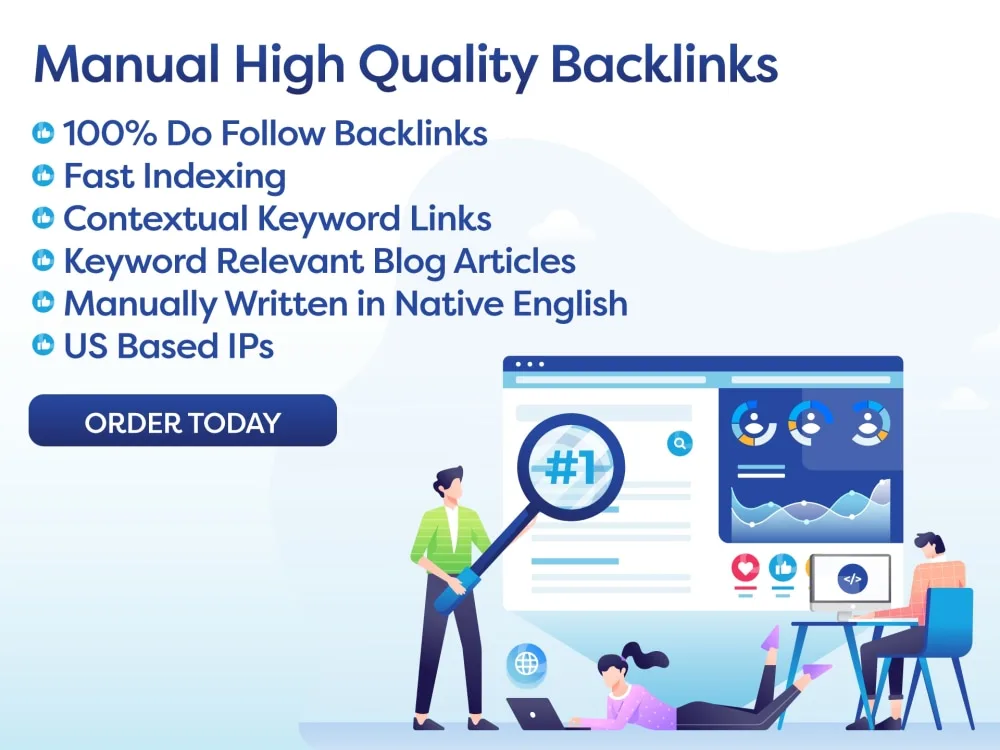Mastering link building best practices is essential for boosting SEO rankings and driving organic traffic to a website. Backlinks play a crucial role in improving a website’s authority, relevance, and visibility in search engine results. Understanding the importance of quality over quantity when building links is key, along with implementing strategies like guest blogging and broken link building. It’s important to avoid common mistakes like buying links and keyword stuffing, and instead focus on natural, organic link building tactics. Monitoring and measuring the effectiveness of link building efforts using tools like Google Analytics is crucial for optimizing strategies and driving results. By following best practices, avoiding pitfalls, and continuously monitoring and adjusting strategies, website owners can build a strong backlink profile that enhances their online presence and SEO success.
Excerpt:
Master link building best practices to boost your SEO ranking and drive organic traffic to your website!
Introduction:
As SEO beginners, understanding the importance of link building in your digital marketing strategy is crucial for your website’s success. Link building plays a significant role in improving your website’s authority, relevance, and visibility in search engine results. But how exactly do you go about building quality links that will benefit your site in the long run?
Key Takeaways:
1. Understanding the importance of link building in SEO.
2. Implementing best practices for building quality links.
3. Avoiding common mistakes in link building.
4. Monitoring and measuring the effectiveness of your link building efforts.
1. Understanding the importance of link building in SEO:
– The Role of Backlinks: Backlinks are like votes of confidence from other websites that indicate your website’s credibility and authority.
– Quality vs. Quantity: Focus on building quality backlinks from reputable websites rather than aiming for a high quantity of low-quality links.
In the competitive world of SEO, backlinks are one of the most important factors that search engines like Google consider when ranking websites. By obtaining high-quality backlinks from relevant and authoritative websites, you can improve your website’s ranking in search results and drive more organic traffic to your site.
2. Implementing best practices for building quality links:
– Guest Blogging: Writing guest posts for other websites in your niche is a great way to earn backlinks and establish your expertise.
– Broken Link Building: Finding broken links on other websites and offering your content as a replacement is an effective way to earn high-quality backlinks.
When it comes to link building, following best practices is essential for achieving sustainable results. By focusing on creating valuable and relevant content, reaching out to reputable websites, and diversifying your backlink sources, you can build a strong foundation for your website’s SEO success.
3. Avoiding common mistakes in link building:
– Buying Links: Purchasing links from shady websites can result in penalties from search engines and harm your website’s credibility.
– Keyword Stuffing: Over-optimizing anchor text with keywords can raise red flags with search engines and damage your SEO efforts.
While link building can be a powerful strategy for improving your website’s SEO, it’s important to avoid common pitfalls that can have negative consequences. By staying away from black hat tactics and focusing on building natural, organic links, you can protect your website from potential penalties and maintain a strong online presence.
4. Monitoring and measuring the effectiveness of your link building efforts:
– Use Tools: Utilize tools like Google Analytics and Ahrefs to track your backlink profile and monitor changes in your website’s ranking.
– Analyze Results: Regularly review your link building efforts to identify what’s working well and what areas need improvement.
To ensure that your link building efforts are paying off, it’s crucial to monitor and measure their effectiveness over time. By staying informed about your website’s backlink profile, traffic sources, and search engine rankings, you can make informed decisions about optimizing your link building strategy for maximum impact.
Action Plan:
1. Conduct a backlink audit of your website to identify your current backlink profile.
2. Develop a link building strategy that includes a mix of guest blogging, broken link building, and other tactics.
3. Monitor the results of your link building efforts using tools like Google Analytics and Ahrefs.
4. Regularly review and adjust your link building strategy based on the data and insights you gather.
In conclusion, link building is a fundamental component of SEO that can significantly impact your website’s visibility and ranking in search results. By following best practices, avoiding common mistakes, and monitoring your efforts, you can build a strong backlink profile that drives organic traffic to your site and boosts your online presence.
FAQ:
Q: What is the role of anchor text in link building?
A: Anchor text refers to the clickable text in a hyperlink. It helps search engines understand the relevance of the linked page to the target keyword. Using diverse and natural anchor text that reflects the content of the linked page is essential for effective link building.
Q: How can I earn high-quality backlinks for my website?
A: To earn high-quality backlinks, focus on creating valuable and shareable content, reaching out to authoritative websites in your niche, and engaging in guest blogging and broken link building strategies. Building relationships with other website owners can also lead to natural backlink opportunities.

